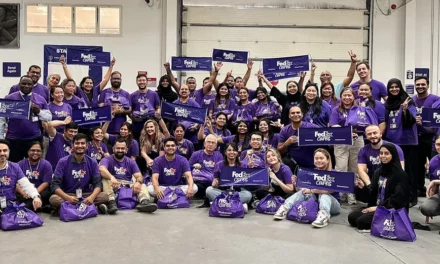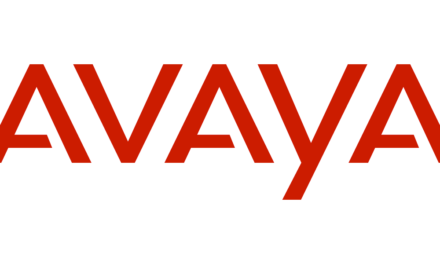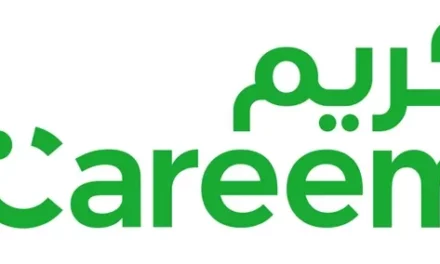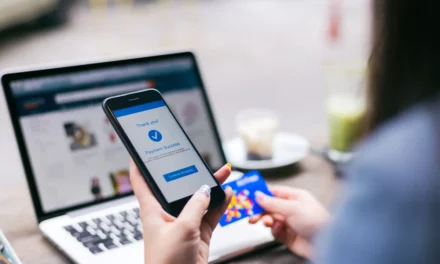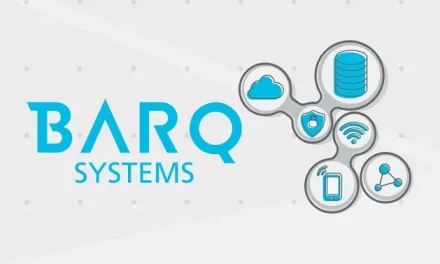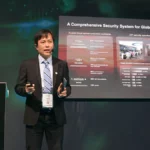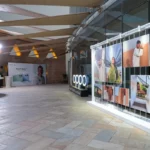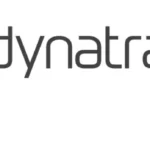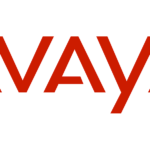
Kaspersky finds that 46% of students in Saudi Arabia prefer in-person education
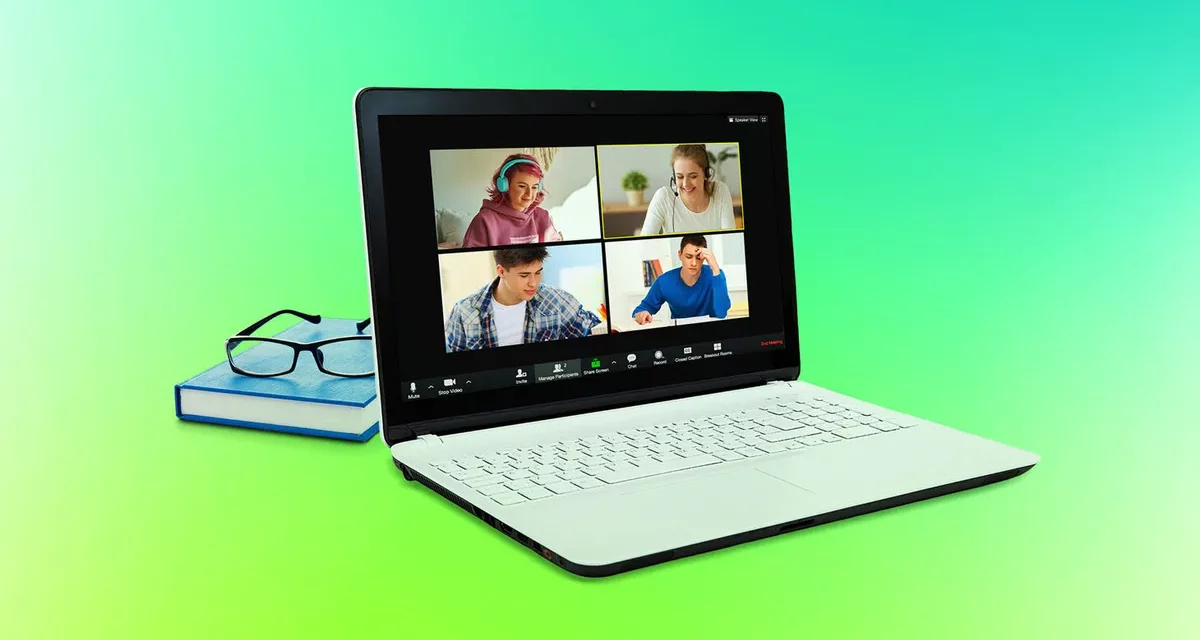
According to a Kaspersky recent survey[1] “Digital education in Covid era”, more than half of children in Saudi Arabia (46%) who switched to remote learning due to the pandemic prefer in-person education.
First and foremost, they complained about a lack of in-person communication with their peers between classes (noted by 81% of students). Many respondents also dislike learning online because of having to spend so much time in front of a screen (69%) and frequent technical problems (44%). For 63% of students it is more difficult to understand educational materials on remote learning comparing to offline classes. However, more than a third of students (54%) still noted that they liked remote learning better.
The required transition to remote learning during the pandemic has been a real challenge for children, parents, and teachers alike. Most probably distance learning will stay with us as a substitution for the usual classes to one extent or another,” Emad Haffar, Head of Technical Experts, META at Kaspersky. “Despite the fact that according to our research both – parents and children prefer offline learning rather than online, it’s important to introduce various digital and interactive elements into the educational process and improve digital literacy level of kids and their parents, as well as teachers.”
The hardest subjects for children to learn remotely in Saudi Arabia are the exact and natural sciences: mathematics (46%) foreign language (34%) and Chemistry (20%). As for parents, 70% stated they don’t want to continue this learning format after the pandemic, and 51% noted a general decline in the quality of education as its main drawback.
To keep your child safe online, regardless of what they’re doing – playing, studying or chatting with friends – Kaspersky offers the Kaspersky Safe Kids solution. It lets parents know exactly how long their child spends online, and also protects them from inappropriate content. In addition, parents can view their child’s current location, which can come in very handy if the child comes home from school alone.
[1] The survey was conducted by Toluna (Online Market Intelligence) at the request of Kaspersky, April – May 2021.



